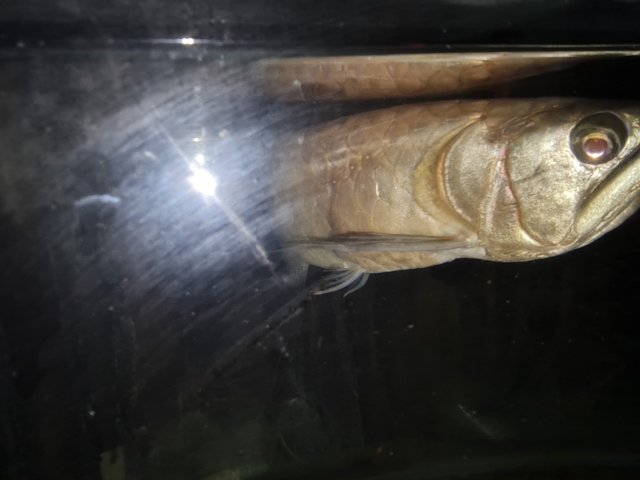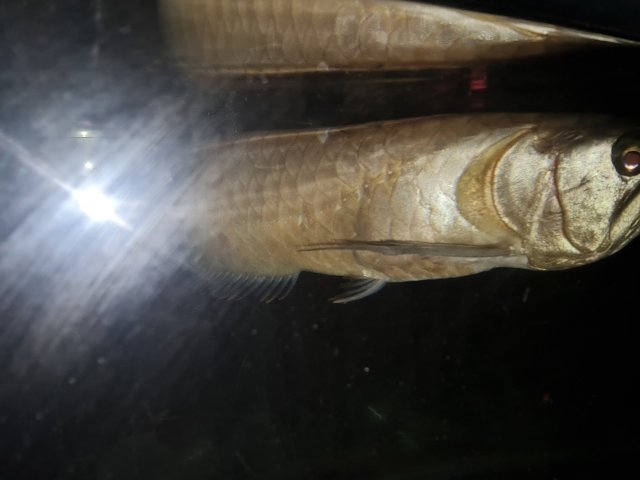IMO the best steps to follow are:
1) Stop feeding any non-medicated food
2) Collect and test/check the poop under a microscope to check for parasites and/or high gram-negative bacteria count.
2a) If parasites are confirmed determine the type of parasite and create a targeted medicated food & feed based on a schedule
- Depending on the type of parasite, ensure you clean out any poop within every 24hours of feeding the fish to kill the parasite's lifecycle
- A 2-4 month treatment plan may be required, depending on the type of parasite, for 100% certainity the parasite is gone from your system. Only way to avoid this is to remove your fish after a successful initial treatment then bleach your entire system to kill any remaining eggs; this will result in having to restart your cycle.
2b) If high gram-negative bacteria count is confirmed treat with food medicated with wide-spectrum antibiotics (Maracyn 2, KanaPlex, etc at 1-5% of the food's weight in grams) unless you can confirm the specific species & know how to search for research papers for specific treatments.
3a) If parasites & high gram-negative bacteria count are not confirmed treat with food medicated with only epsom salt (1-5% of the food's weight in grams) every 2-3 days to clear any blockage as it's a strong laxative
3b) If both parasites & high gram-negative bacteria count are confirmed treat with food medicated for specific parasite type & an antibiotic
- both medication should be mixed at 1-5% of the food's weight in grams individually; e.g. 100g of food would be treated with 5g of Maracyn 2 and 5g of Metro if treating for hexamita & bacteria infection); follow subsection of 2a to kill lifecycle of the parasite.
Things to note:
- Almost all medication for fish is more effective in food than in the water column; the main exception to this are treatments for external diseases.
- Whiteness in poop is the mucus from the intestines and is typically indicative of an illness but it could also be nothing espeically without additional symptoms.
- If you don't own or know how to use a microscope you can do a shotgun approach of medicated food but do not use epsom salt unless you are treating the fish ONLY for constipation. With a shotgun approach you should clean the poop within 24hrs on the chance it is internal parasites.
- Most internal bacteria infection in fish will be gram-negative so that is what most antibacterial fish medications will treat.
- Most gram-negative bacteria that could cause an infection will always be present in your waters, unless you can replicate labratory settings, so avoid abusing antibiotics as much as possible.
-------------------------------------------------------------------------------------------------------------------------------------------------------------------------------------------------------------------------------------------------------
The next best thing is to take an educated guess:
1) Was the water quality poor?
2) Was the a change in environment, food, etc. that could have caused the fish immense stress?
If no to both it's unlikely to be a disease.
If yes to both then the sky's the limit to what disease it could be. Fixing the water quality is paramount before giving medicated food in a shotgun approach if symptoms are not obvious. If symptoms are present and identifiable then target medicate the most likely causes.
If yes to 1 but not 2 then it's definitely a disease likely due to a weaken immune system which would likely be a bacterial infection. This is 100% the case if there was no live animal that was introduced into the tank and you don't use well water.
If no to 1 but yes to 2 then both a bacterial infection and parasite is possible depending on what was changed. Any usage of a live animal as food or tankmate may have resulted in parasites + stress; stress could result in an infection in the worst case scenario. If no live animal was introduced then it's either an internal infection due to a weakened/stressed immune system or constipation due to stress.
HTH












